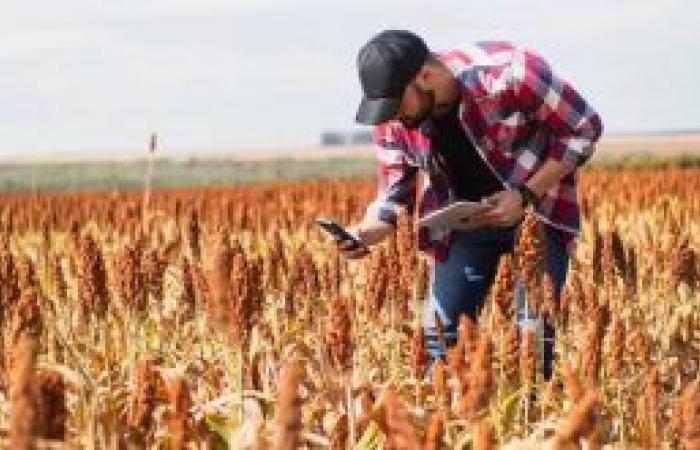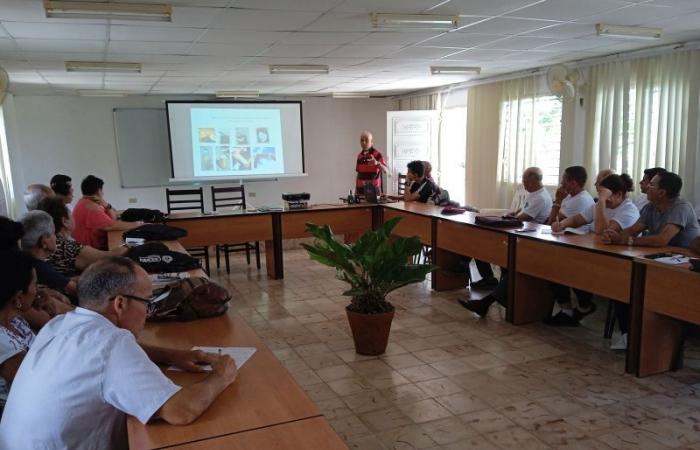The idea could particularly benefit more than 40 celiac children living in the territory, as well as adult patients with this disease
Sorghum cultivation develops in several countries of the world.
The Sancti Spíritus pastures and forage science and technology unit develops a project to introduce and expand in the territory the cultivation of sorghum overlooking human food, particularly in celiac patients.
“The central University Martha Abreu de las Villas has an important experience in this issue, which has been generalizing in the country, mainly in the central region. Years ago, we had entered this idea here and now we want to develop it to finish closing the cycle,” he said to Escambray José Ángel Naples Gómez, director of pastures and fodder in the province.
That entity has a germplasm of more than 25 varieties of sorghum, some of them donated by Viet Nam and others by the Center for Agricultural Research of Villa Clara, which they intend to evaluate in the local conditions with the aim of producing the grain, raw material with which the sorghum flour is prepared, which is later used in the elaboration of bread, sweets and other foods for children and, in general, in general, in general, in general, in general, in general, in general.
This idea is particularly important for these patients who suffer from permanent intolerance to the gluten of wheat, barley, rye and oat varieties, due to a genetic predisposition, characterized by an inflammatory reaction of immune base in the mucosa of the small intestine, which hinders the absorption of macro and micronutrients.
In the province 42 celiac children are currently registered, but in general patients with this pathology, even if they have reached adulthood, maintain symptoms and limitations for their diet, so they also need this type of productions.
“We have all the conditions created to evaluate the Sorghum germplasm and be able to carry out this project. In addition, here are the ideal conditions to assess its cultivation, both in the dry and irrigation conditions,” said Naples Gómez.
He added that, with this objective, they have planned a productive chain with Labiofam, which would be in charge of the grin, and with the food industry, who would prepare these products in correspondence with established sanitary standards.
The Pastures and Forages of Science and Technology Unit of Sancti Spíritus has begun a resuscitation process that also includes the commercialization of technical scientific services and events with lodging included, as well as the production and marketing of other productions contained in its corporate purpose.
Recently, there they developed a workshop on these themes where prestigious figures of science, retirees and founders of that institution participated with broad knowledge in these topics such as researchers Orlando Saucedo, Neisy Hernández, Rolando Saborit and Héctor Luis Martínez, among others.![]()







